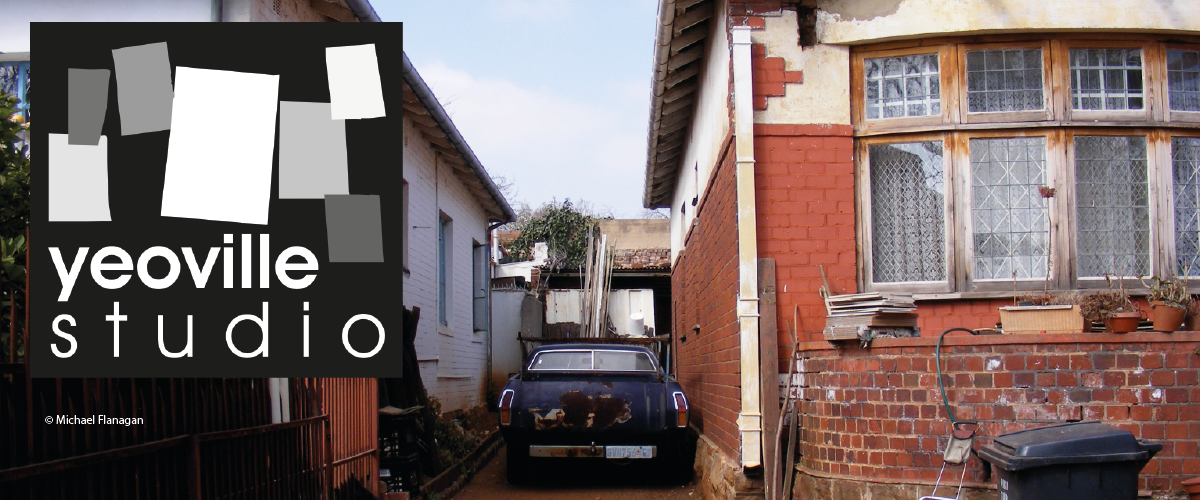
ABOUT US
Yeoville Studio was a research and learning initiative driven by a collaboration between the Wits School of Architecture and Planning and several community partners in Yeoville, Johannesburg. It ran from 2010 to 2012. It aimed to produce research that of relevance, use and interest to the Yeoville community. A book on the project is being published in 2019 with Wits University Press.
Who?
Students and staff from Wits University, School of Architecture and Planning , built a partnership with three main civil society organisations in Yeoville: the Yeoville Stakeholders Forum (YSF), the Yeoville Bellevue Community Development Trust (YBCDT), and the SA National Traders Retailers Alliance (SANTRA).
The Yeoville Studio was directed by Associate Professor Claire Bénit-Gbaffou, assisted in 2010 by Master student Naomi Roux (as administrative coordinator) and in 2011 by Master student Simon Mayson. Over the two years, more than 20 staff members from Wits participated in the initiative, and about 200 students, from first years to PHD candidates, mainly in the School of Architecture and Planning, were involved in different degrees in research projects linked to the Studio.
The main funder of the Studio was Wits University (Strategic Funding, the Wits School of Architecture and Planning and the Center for Urbanism and the Built Environment studies). A second key partner in the initiative was the French Institute of South Africa-Research (IFAS-Researche), involved from the start of the project (in particular in the Urban Memory/Urban Stories strand, through the then IFAS-Research Director, Dr Sophie Didier), until its very end (with unfailing
support to the final book and website, through the current IFAS-Research Director, Dr Thomas Vernet-Habasque). A third funder was the Goethe Institute of South Africa.
What?
Four research themes were identified jointly between Wits and the Studio partner organisations, YSF, YBCDT and SANTRA:
When?
The Studio ran from January 2010 to December 2011, where a huge amount of research was generated on a variety of themes, organised along the four themes. Research in the first year was centered around Yeoville stories, memory and identity; on this basis, the second year of the Studio could respondmore directly to what our community partners had identified as main local issues – housing and trading.
Where?
We chose the greater Yeoville area (hereafter Yeoville), including the pericentral suburbs of Yeoville, Bellevue and Bellevue East, for this first iteration of City Studios in the School of Architecture and Planning. We chose this area mainly because of the interest and enthusiasm for the partnership of one key local community organiser, Maurice Smithers (through the Yeoville Bellevue Community Development Trust). Yeoville is also a neighbourbood with a strong urban identity, epitomising many features and complexities of contemporary urban central areas. It is easily accessible to Wits students, and close to the heart of many Witsies, having lived in the neighborhood at one stage of their lives.
What for?
- Training students to engage with communities in understanding and producing the city
- Producing applied research that is of relevance and use to local communities or other partners
- Producing innovative research through a multi-dicisplinary approach grounded in, and focused on, a specific urban neighborhood
How?
- Teaching through projects (Wits students and staff in conjunction with residents) on various topics and spaces in Yeoville, pertaining to the 4 themes of the project. This involved different levels of study (from 2nd year to Masters); collective (class) or individual research.
- Engaging with Yeoville communities and the broader public, in multiple and regular ways: through Yeoville community workshops - to define topics and expected outputs, to collect stories and start engagement, to present and debate findings; through public events (exhibitions in Yeoville and at Wits, participation in Yeoville street festivals and community events, in municipal workshops); through the production of community-oriented outputs (posters, films, booklets, newspaper articles, scale models, etc).
- Producing academic research, that includes junior researchers, nurture inter-disciplinary dialogue, and reflects on what grounding urban studies in engaged research means for producing knowledge on the city.

